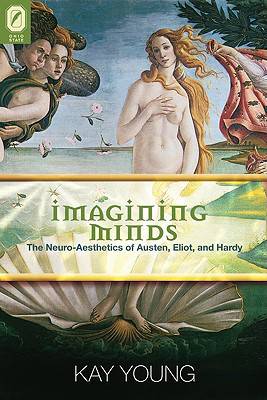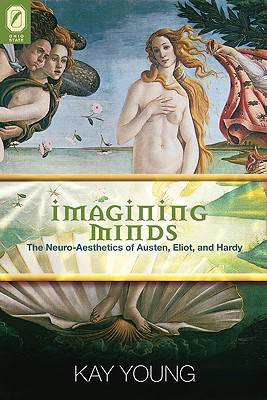
- Retrait gratuit dans votre magasin Club
- 7.000.000 titres dans notre catalogue
- Payer en toute sécurité
- Toujours un magasin près de chez vous
- Retrait gratuit dans votre magasin Club
- 7.000.000 titres dans notre catalogue
- Payer en toute sécurité
- Toujours un magasin près de chez vous
Description
Jane Austen, George Eliot, and Thomas Hardy--three great masters of the English novel--are three remarkable imagining minds. As readers of their novels, we feel ourselves to be in contact with their authorial minds and conjure the minds they create spread across the pages of their narrative worlds. In the way that we believe in and hold in mind the idea that other human beings have minds of their own do we as readers of the novel believe we are in the presence of these other minds. But how? Imagining Minds explores how the novels of Austen, Eliot, and Hardy create the felt-quality of their authoring minds and of the minds they author by bringing their writing in relation to cognitive neuroscience accounts of the mind-brain, especially of William James and Antonio Damasio. It is in that relational space between the novels and theories of mind-brain that Kay Young works through her fundamental claim: the novel writes about the nature of mind, narrates it at work, and stimulates us to know deepened experiences of consciousness in its touching of our reading minds. While, in addition to James and Damasio, Young draws on a range of theories of mind-brain generated by current research in philosophy, neuroscience, cognitive science, psychology, psychiatry, and psychoanalysis to help her understand the novel's imagining of mind, her claim is that those disciplines cannot themselves perform the more fully integrated because embodied and emotionally stimulating mind work of thenovel--mind work that prompts us as their readers to better know our own minds.
Spécifications
Parties prenantes
- Auteur(s) :
- Editeur:
Contenu
- Nombre de pages :
- 218
- Langue:
- Anglais
- Collection :
Caractéristiques
- EAN:
- 9780814251744
- Date de parution :
- 28-09-10
- Format:
- Livre broché
- Format numérique:
- Trade paperback (VS)
- Dimensions :
- 152 mm x 229 mm
- Poids :
- 317 g







